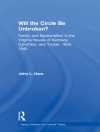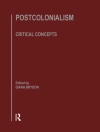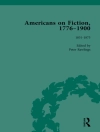Composite and multiple-text manuscripts are traditionally studied for their individual texts, but recent trends in codicology have paved the way for a more comprehensive approach: Manuscripts are unique artefacts which reveal how they were produced and used as physical objects.
While multiple-text manuscripts codicologically are to be considered as production units, i.e. they were originally planned and realized in order to carry more than one text, composites consist of formerly independent codicological units and were put together at a later stage with intentions that might be completely different from those of its original parts. Both sub-types of manuscripts are still sometimes called ‘miscellanies’, a term relating to the texts only. The codicological difference is important for reconstructing why and how these manuscripts which in many cases resemble (or contain) a small library were produced and used.
Contributions on the manuscript cultures of China, India, Africa, the Islamic world and European traditions lead not only to the conclusion that ‘one-volume libraries’ have been produced in many manuscript cultures, but allow also for the identification of certain types of uses.
Sobre el autor
Michael Friedrich and
Cosima Schwarke, University of Hamburg.












